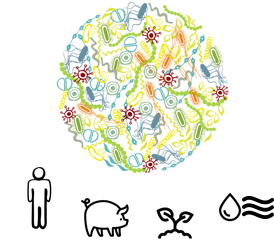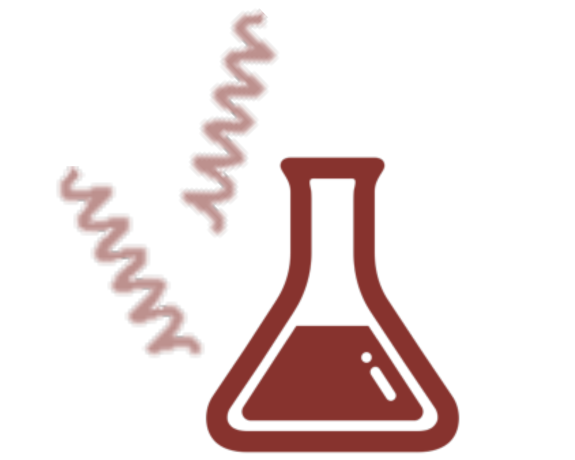Research
Research Themes

Plant Systems Biology
Modeling a (crop) plant to predict the phenotype under the exposed condition. Omics data analysis, biological network reconstruction and mathematical modeling have been applied to study the dynamic regulation inside plant cells, aiming to precision science for tailor-made yield and quality of phyto-products.

Metagenomics
Metagenomics is the study of genetic materials (of microbiome) derived directly from environmental samples using high-throughput sequencing technology. Microbiome is important for human, animal and plant health, including maintaining environmental balance.

Systems Biomedicine
At SymBio Lab, we use integrative approaches (math modeling, machine learning, structural modeling, and network analysis) to better understand the complexity of diseases.
Research Lab
Our faculty members are associated with the following research lab
Systems Biology & Bioinformatics Laboratory (SBI)
- Biological Modeling Laboratory (BML) & Center for Agricultural Systems Biology
- Bioinformatics and Microbiome Data Analysis (BioM) Team
Systems Biomedicine (SymBio) Lab
Data Science and Engineering Laboratory (D-Lab)
